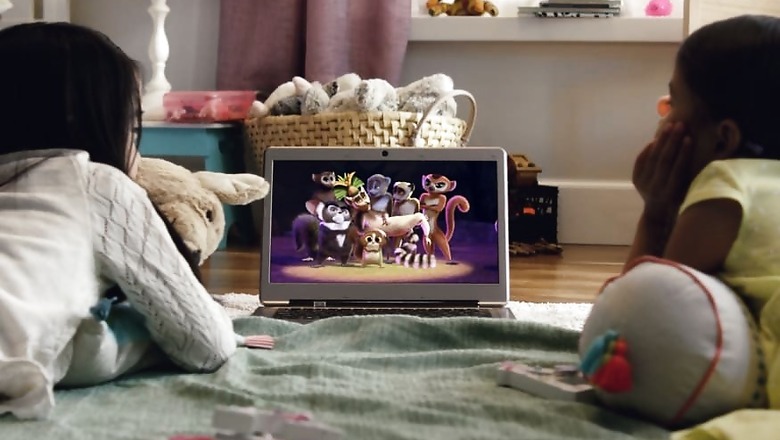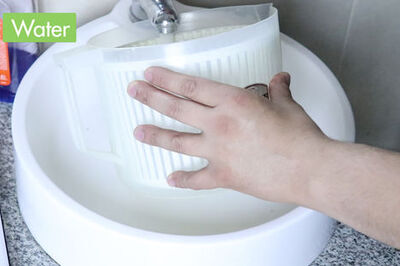
views
Netflix has managed to upset Broadcom. The chipmaker insists that the streaming service has has infringed on eight patents dealing with video playback and data transmission. It goes on to say that this infringement has meant that a lot of users are cord-cutting from traditional TV and that has slowed down demand for the company’s chips meant for cable and satellite TV hardware, such as set top boxes (STBs). All those hours you spent watching shows and movies on Netflix is apparently hurting Broadcom—as well as a lot of users who have given up on linear TV subscriptions altogether in favour of streaming platforms including Netflix, Amazon Prime Video, Disney+ and more.
“As a direct result of the on-demand streaming services provided by Netflix, the market for traditional cable services that require set top boxes has declined, and continues to decline, thereby substantially reducing Broadcom’s set top box business,” says Broadcom in the lawsuit. Broadcom says they tried to engage with Netflix last year to resolve the infringements, but allege that the streaming service didn’t take the matter further.
History may not be entirely on Broadcom’s side in this latest legal wrangle. Back in 2017, the chipmaker had filed a number of lawsuits against smart TV manufacturers Vizio and Sigma Designs, alleging violation of patents. The U.S. International Trade Commission had ruled against Broadcom at the time and said that the defendants, Vizio and Sigma Designs, did not infringe on Broadcom’s patents as alleged. In January, a federal jury ordered Broadcom to pay $270.2 million to the California Institute of Technology (Caltech )for infringing on patents belonging to them. The jury found that Apple iPhones, iPads and other Apple devices used Broadcom chips that relied on the university’s patented wireless data technology. Apple was also ordered to pay $837.8 million—and both Broadcom and Apple said they would appeal the verdict.

















Comments
0 comment